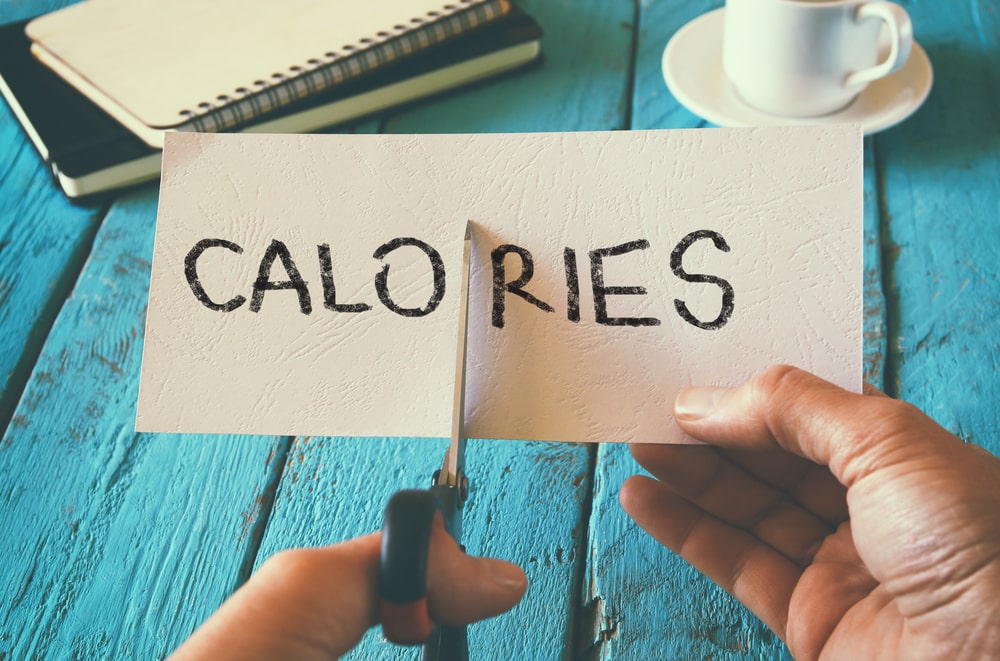Calories Intake Daily: The number of calories needed daily by an individual depends on a number of factors, including digestion, age, lifestyle, height, weight, and level of physical fitness. The type and quantity of food you consume greatly influences how many calories you should consume daily.
Calories Intake Daily
Typically, you should consume 200 to 400 calories for breakfast, 500 to 700 calories for lunch, and 500 to 700 calories for dinner in order to lose weight. Include snacks in the morning and evening for a total of 400–500 calories. As a result, you should consume between 1500 and 2000 calories daily to lose weight.
What Is a Calorie?
Energy is measured in calories. The quantity of heat energy required to raise the temperature of one gramme of water by one degree Celsius under one atmosphere of pressure is defined as one calorie in scientific terminology.
Kilocalories are widely used to denote the energy value of specific items when discussing nutrition and diet. Kilojoules (kJ) are the SI unit of dietary energy according to nutrition.
Calories are the amount of energy released by each nutrient, such as protein, carbohydrates, and fats, excluding the quantity of fibre in a particular food. Because people cannot completely digest fibre, it is destroyed.
How Many Calories You Should Eat Per Day?
As was already said, calories are a form of energy. It illustrates what you continuously need for your body to work properly. Your calorie needs are influenced by your age, gender, height, weight, and level of exercise. Your basal metabolic rate also affects how many calories you ingest. As you age, your metabolic rate decreases, which is why older people often need fewer calories to maintain their weight.
The Harris-Benedict Equation is a normalised condition used to assess calorie requirements. It’s likely that the calorie or nutrition calculators you’ve used online were created using this method based on evidence. To determine your starting point calorie requirements or basal metabolic rate (BMR), the majority of calorie or nutrition calculators require you to provide demographic data, including your age, gender, height, and weight. The amount of activity the person engages in on a regular basis can then be estimated by scaling this number by an actual work factor.
This is how the numbers behave for several people who weigh 150 pounds and are 5 feet, 7 inches tall, to observe the Harris-Benedict condition in real life. You’ll notice differences in age and gender groups because digestion and metabolic rate are influenced by age, gender, and how much movement you get.
Calories Intake Daily: Category Wise
Remember that an equation like this cannot capture the genetic component of metabolism.
Female: 18 to 39 years old
Daily calorie requirements for practise are between two and three times per week.
40 Years+: Practise requirements include once or twice a week per day. Needs 1967 calories in total.
Male:18 to 40 years old
Daily calorie requirements for practise are 6-7 times per week, or 3182 calories.
40 Years+: Practise requirements include 4-5 days per week of practise. Needs 2448 calories in total.
Children:
Children’s calorie needs vary depending on their age, gender, and degree of daily activity. While children need between 1200 and 1400 calories per day, teenagers need between 2000 and 2800. Teenagers that are active require a lot more calories.
Children who are developing and engaged in physical activity do not need to track their caloric intake.
Researchers reveal almonds can help cut calories during weight loss journey
What Happens When Rare Calories Are Consumed?
If you decide you want to lose weight and get active, your goal should be to shed no more than 2 pounds per week until you achieve a healthy weight that is appropriate for your height.
Beyond this point, calorie restriction can harm your health and potentially have dangerous unintended consequences.
Results of a low-calorie diet may include:
- Constantly feeling peckish, lethargic, and low in energy; diarrhoea, constipation, headaches, dizziness, cramps; and hair thinning
- Many of us experience constant fatigue due to low energy levels, which are associated with insufficient dietary intake. When you restrict calories, your body will likely feel weary because it needs them to function every day.
Conclusion on Calories Intake Daily
The number of calories you require each day will depend on your metabolic rate, activity level, current weight, sex, age, height, and whether you need to maintain, lose, or gain weight.
One day, calorie counting won’t be necessary to maintain good health. You probably don’t need to worry about calculating your calorie needs if you feel better and have consistent energy levels throughout the entire day because you are definitely succeeding in your goal.
Understanding what causes calories to be burned can help you understand your body’s needs if you’re worried that you’re ingesting too few or too many calories.
Simple dietary and lifestyle changes, such as getting more exercise, drinking more water, and eating more protein, can help you lose weight while also enhancing your health.


















